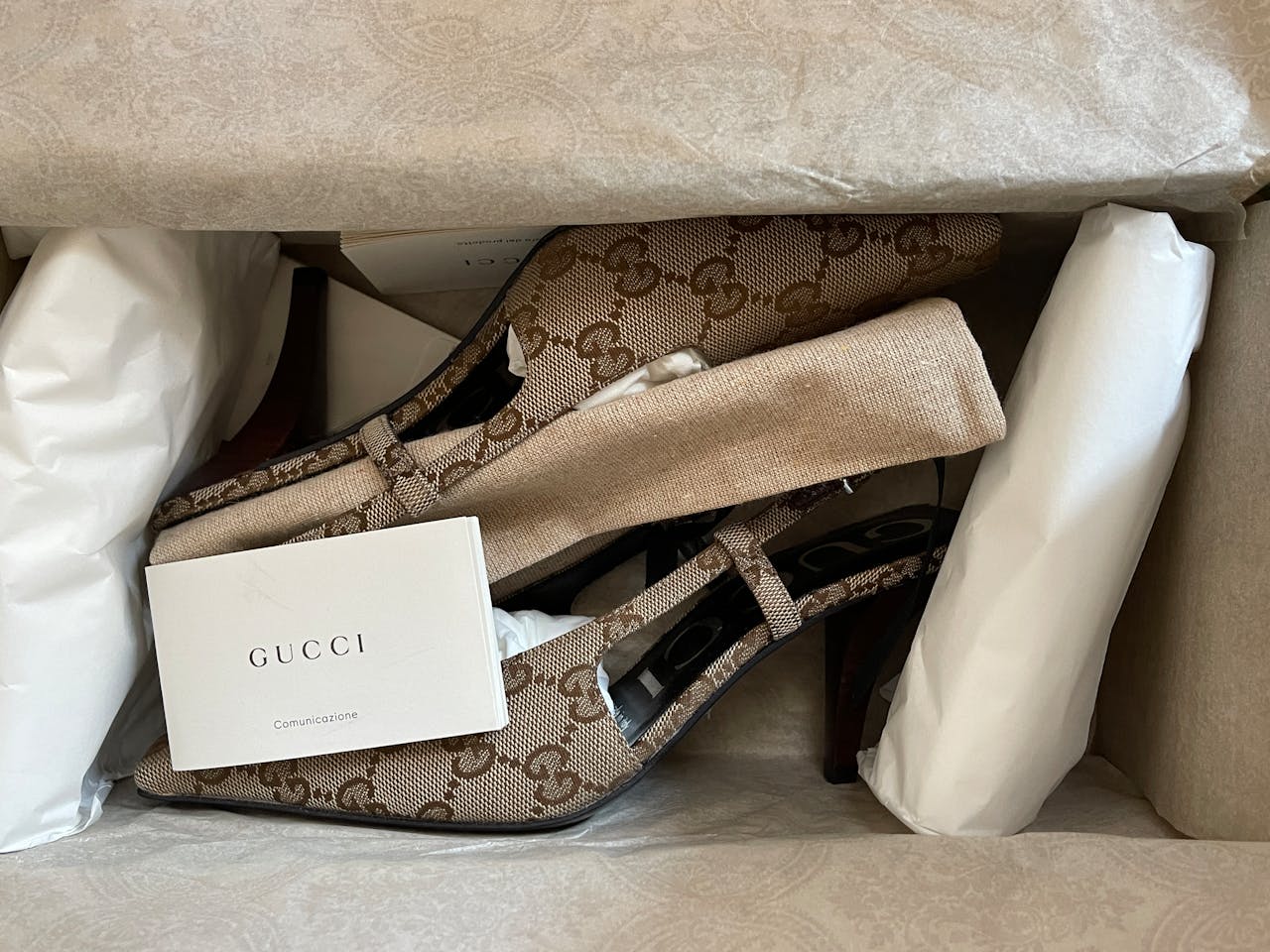The European Commission has fined luxury fashion houses Gucci, Chloé, and Loewe a combined €157 million for violating EU antitrust rules through anticompetitive resale price maintenance (RPM) practices that distorted competition across the European Economic Area (EEA).
According to the Commission, the three brands restricted the ability of their independent online and offline retailers to set their own prices for products sold under their respective brand names. Instead, they required retailers to adhere to fixed or recommended prices, limit discounts, and observe specific sales periods — practices that effectively prevented competitive pricing and maintained artificially high prices across Europe.
By curbing retailers’ freedom to offer lower prices, the Commission found that Gucci, Chloé, and Loewe deprived consumers of the benefits of genuine price competition in the luxury fashion market. These practices, the Commission said, constitute resale price maintenance, which is a serious restriction of competition under EU law.
The infringement covered nearly the entire range of each company’s fashion products — including apparel, leather goods, footwear, and accessories — and applied throughout the EEA.
In some instances, the companies went further by temporarily prohibiting retailers from offering any discounts at all. Gucci, Chloé, and Loewe also sought to ensure that their independent distributors mirrored the pricing and sales conditions of their own direct retail channels, thereby aligning prices across different sales outlets.
All three companies admitted their participation in the infringement and cooperated with the Commission’s investigation, which allowed for a faster resolution and a reduction of fines under the Commission’s leniency framework.
In announcing the decision, the Commission underscored the importance of protecting price competition in the European single market.
“Today’s decisions send a clear message: resale price maintenance has no place in Europe,” the Commission stated.
The case highlights the Commission’s continued enforcement focus on vertical restraints that limit competition in consumer-facing markets — particularly in sectors such as fashion, where brand image and distribution control are often closely managed.
The fines mark another step in the Commission’s broader effort to ensure that luxury brands comply with EU competition law while maintaining legitimate selective distribution systems that do not restrict retailers’ ability to compete on price.
